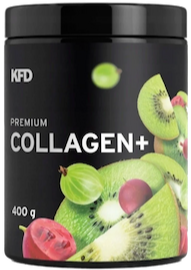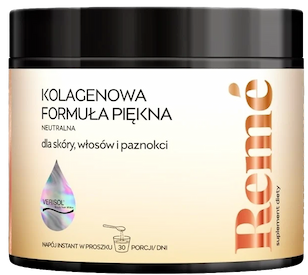How to replenish collagen in the body, joints, skin - products
Discover how to supplement collagen in a simple way for healthier skin, shinier hair and stronger nails.


Learn more about our editorial process
.

Learn more about our editorial process
.

Learn more about our editorial process
.

Learn more about our editorial process
.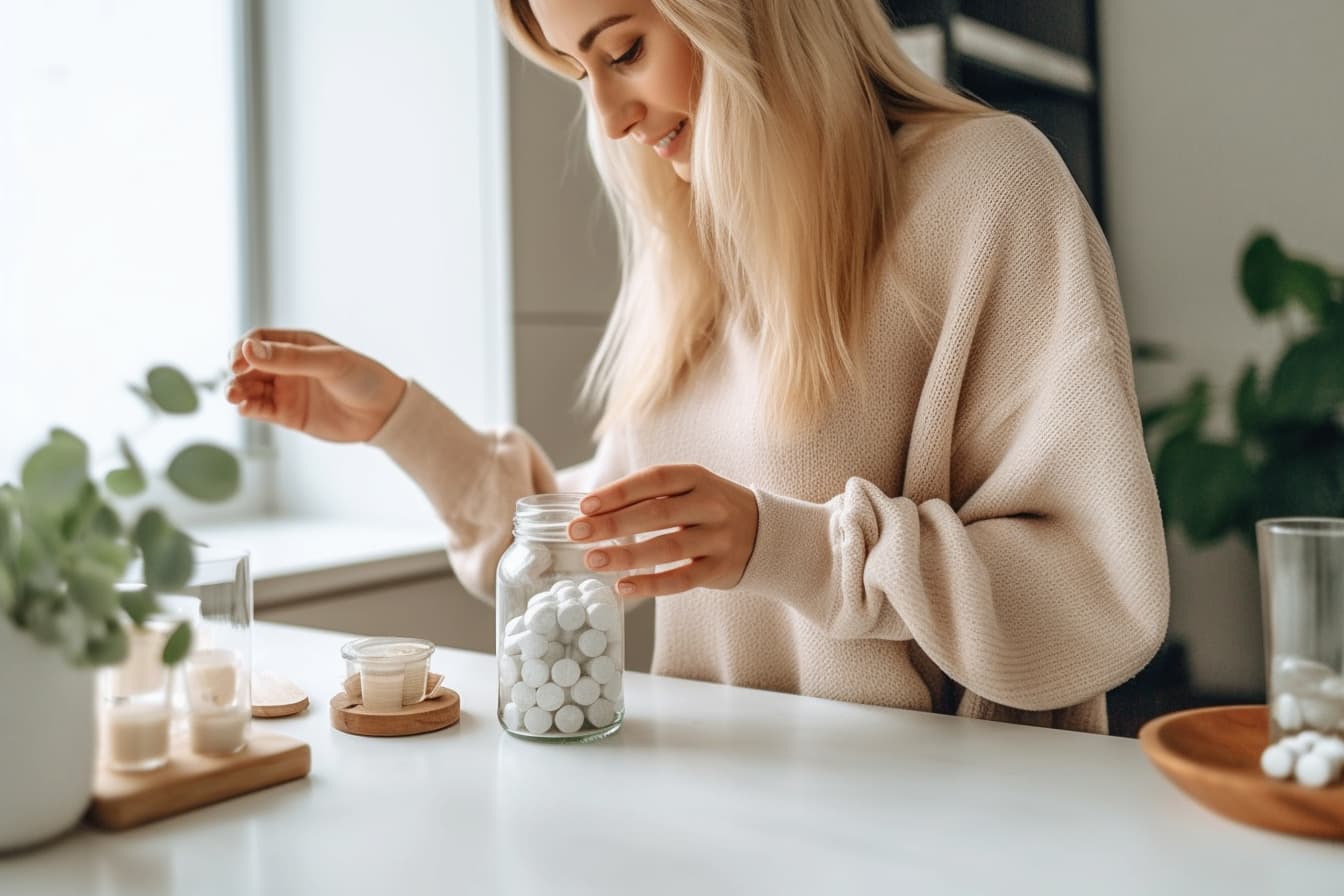
Why you can trust us
Articles on Natu.Care are written based on scientific research, data from government websites and other reliable sources. The texts are written in cooperation with doctors, nutritionists and other health and beauty experts. Articles are reviewed before publication and during significant updates.
.Learn more about our editorial process
.Information about advertisements
Content on Natu.Care may contain links to products from the sale of which we may receive a commission. When creating content, we adhere to high editorial standards and take care to be objective about the products discussed. The presence of affiliate links is not dictated by our partners, and we select the products we review ourselves completely independently.
.Learn more about our terms and Conditions
.Collagen deficiency results in joint pain, wrinkles and dry hair. It's a hefty price to pay for an inadequate diet. And yet you can supply your body with collagen with the right foods.
That's why, together with nutritionist Julia Skrajda, we present a collection of information on how to supplement collagen. Pssst... If you are a vegetarian or vegan then we have something for you too.
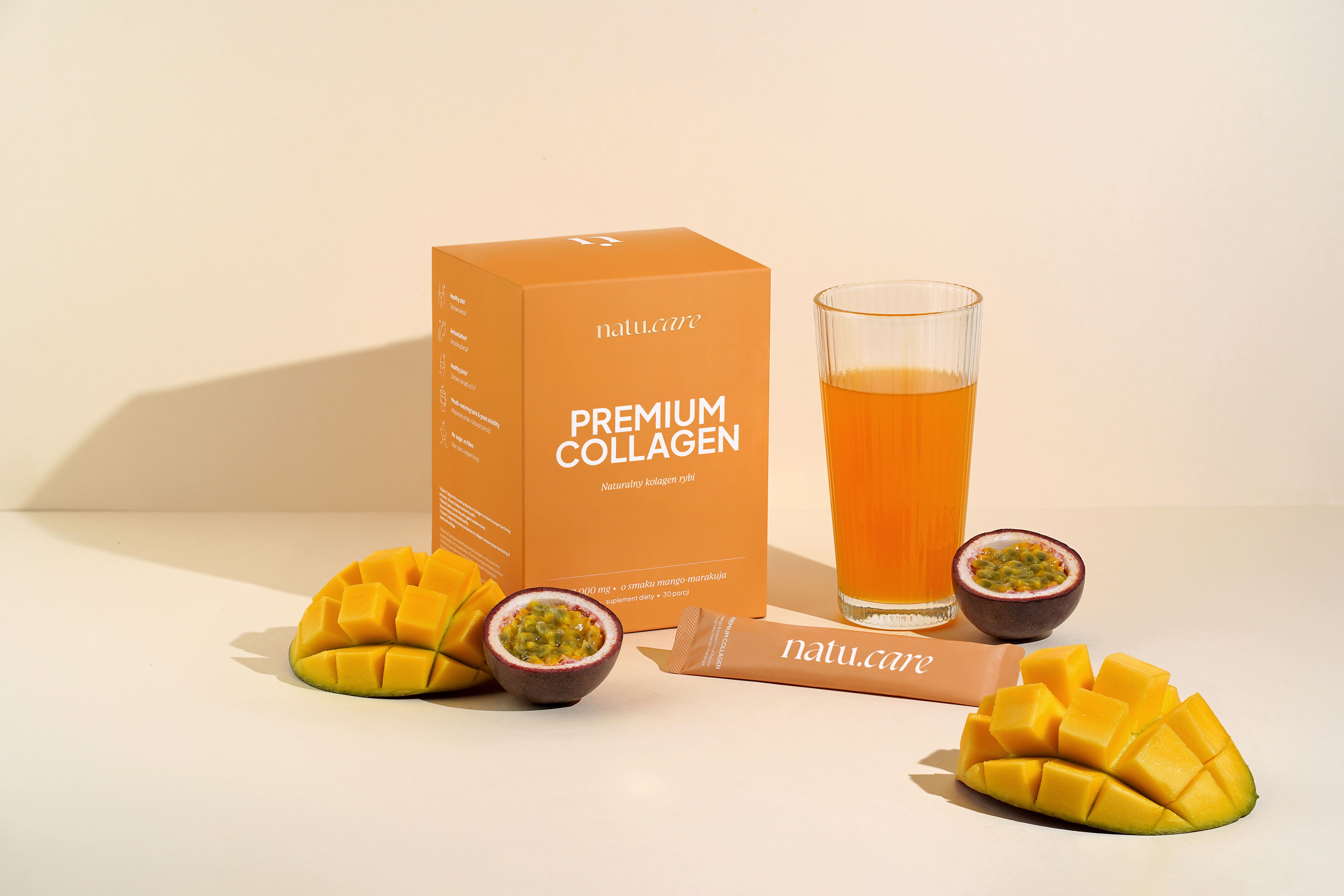
Sprawdź, za co pokochały go tysiące klientek Kolagen Premium 10000 mg, mango-marakuja
Natu.Care Kolagen Premium 10000 mg, mango-marakuja
Natu.Care Kolagen Premium dla zdrowia stawów, skóry, paznokci i włosów. Najlepsza przyswajalność. Optymalna dawka 5 000 lub 10 000 mg. Przebadany przez niezależne laboratorium.
Zobacz więcej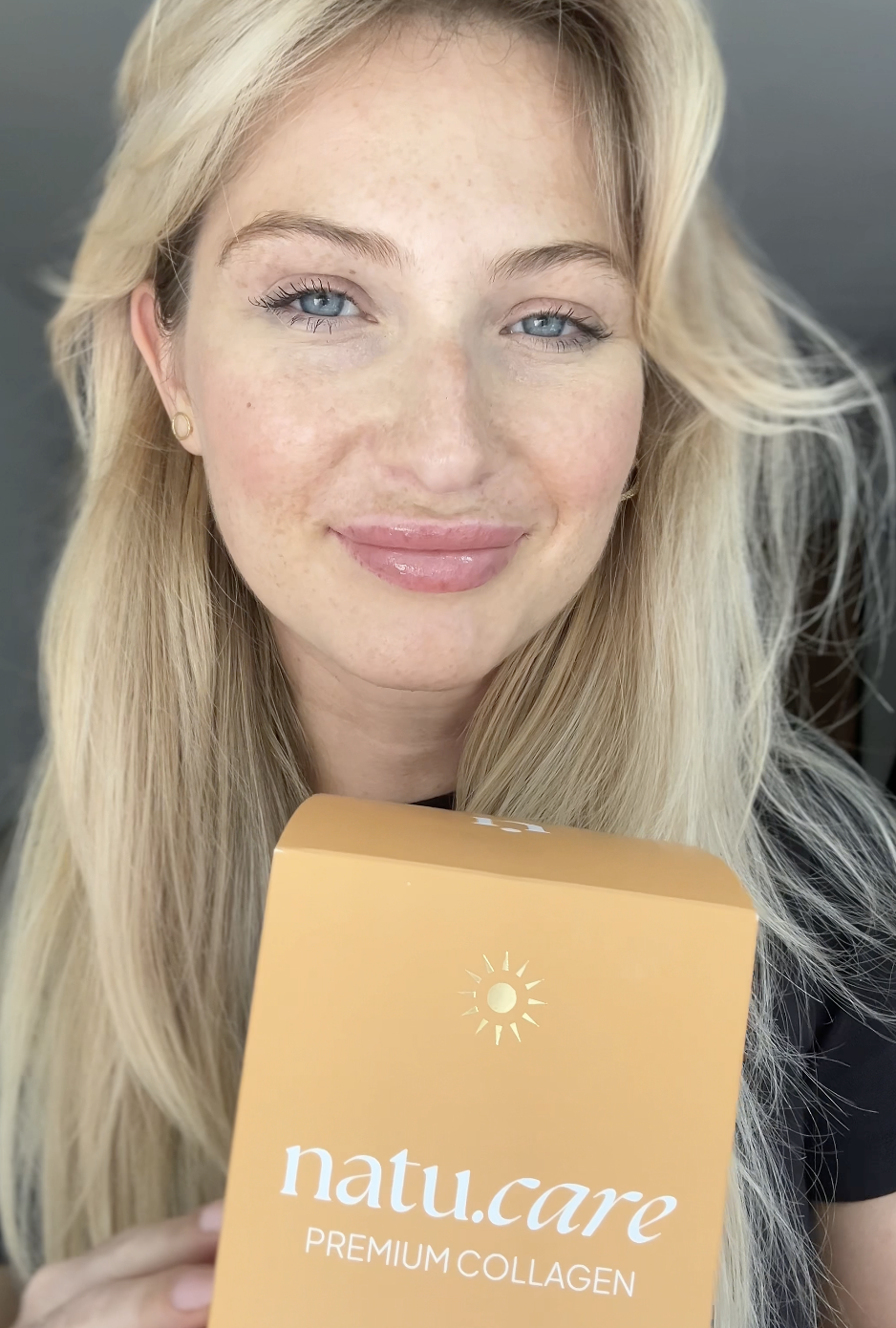
Wybrałam kolagen Natu.Care, ponieważ miał super opinie – a to było dla mnie bardzo ważne! Odkąd go stosuję, moja skóra znacznie się poprawiła i jest nawilżona, a na głowie pojawiły się nowe "baby hair".@Kasia S.
See also:
.
- The best collagen .
- Facial collagen
- Collagen for skin
- Collagen for joints
- Hair collagen
- Collagen for cellulite
- Collagen for acne
- Collagen for stretch marks
- Collagen for scars
- Collagen for bones
- Collagen for tendons
- Drinking collagen andDrinking collagen (effects)
How to replenish collagen in the body?
.
Collagen in the body can be supplemented with a diet rich in meat, fish, offal and dairy products and gelatine-based jellies. Most collagen is contained in broth (on bones), chicken with skin and shark cartilage. Vegetables and fruit do not provide collagen, but support its production by the body.
You will replenish collagen by eating collagen-rich foods:
- broth on beef or pork bones, .
- goat, chicken feet, .
- giblets, such as liver, heart, kidney, .
- food gelatine-based products (e.g. vegetable, meat and fruit jellies), .
- fish or chicken with skin, .
- salcesson, .
- shark cartilage (source of fish collagen).
| Product | Grams of collagen per 100g of productand |
| Beef tendon | 7.56 |
| Chicken thigh with skin | 7.56 |
| 2.52 | |
| Pork loin | 1,90 |
| Beef rib | 1,64 |
| Pork belly | |
| Skinless chicken thigh | 1,39 |
| Pork breast | 1,39 |
| Beef shoulder meat | 1.39 |
| Beef shoulder. | 1,32 |
| Pork ham | 1,23 |
| Collagen broth | 1.15 |
| Beef on the side | 0.97 |
| Chicken breast | 0,80 |
| Beef tenderloin | 0.80 |
| Beef tenderloin | 0.41 |
Now a little note on what it's like to replenish the body's collagen deficiency -
Improving collagen synthesis, or supplying it through diet, has a positive effect on the whole body. Your body itself knows which specific address to send this collagen to. You don't force it to appear in a specific place - neither with diet nor by force of will.
This is good news. You don't have to worry if what you eat will work for your nails, but it will leave out your hair and joints!
They'll be fine.
Eating the products mentioned can realistically increase the concentration of collagen in your body. The result will be improved skin, hair, nails, immunity and even jointsand.
But...
.
The above-mentioned products are a great source of collagen - the most important protein in the human body. Great! Just consider that most of them are high in fat and have a lot of calories. If you want to control your cholesterol or weight, don't switch overnight to such a turbo-collagen diet.
In such cases, it will be convenient to simply collagen supplementation. Dietary supplements tend to be low in calories and almost fat-free as well.
What vegetables and fruits are there collagen in?
.
There are no vegetables or fruits that will provide you with collagen - the ingredient is an animal protein. However, some do provide the ingredients necessary for collagen production (e.g. flavanoids). Their sources include vitamins C, A and E, which you will find in, for example, citrus fruits, carrots, spinach, kiwifruit, nutsand.
.
The body's proper production of collagen is also impossible without certain minerals. The most important of these are:
- copper, .
- organic sulphur (MSM), .
- manganese, .
- zinc, .
Breaking down your diet into specific foods can be overwhelming, so keep it simple: keep it colourful on your plate at all times!
If you want to optimise your collagen diet, take a look at the table below.
What foods support the body's production of collagen?
.
In the table below, you will find the most important vitamins and minerals needed for collagen production. And next to them will be foods that will provide you with just these vitamins and minerals.
.
|
Nutrient . |
Vegetables and fruits |
|
Vitamin C |
|
|
Vitamin A . |
|
|
Vitamin E |
|
|
Zinc |
|
|
Copper |
|
|
Organic sulphur (MSM) . |
|
|
Manganese |
|
See also:
- Which collagen to choose .
- Best absorbable collagen
- Drinkable collagen
- Liquid collagen
- Collagen in sachets
- Collagen in tablets
- Collagen powder
- Collagen in drug form
- Liophilized collagen
- Collagen hydrolysate
Will herbs provide you with collagen?
.
No. Herbs will not provide you with collagen. Nevertheless - as with vegetables and fruit - some herbs can support your body's production of collagen. The most valuable of these areand:
- wild rose, .
- acerola, .
- field horsetail, .
- clover, .
- lance grass, .
- bear garlic, .

Sprawdź, za co pokochały go tysiące klientek Kolagen Premium 10000 mg, mango-marakuja
Natu.Care Kolagen Premium 10000 mg, mango-marakuja
Natu.Care Kolagen Premium dla zdrowia stawów, skóry, paznokci i włosów. Najlepsza przyswajalność. Optymalna dawka 5 000 lub 10 000 mg. Przebadany przez niezależne laboratorium.
Zobacz więcej
Wybrałam kolagen Natu.Care, ponieważ miał super opinie – a to było dla mnie bardzo ważne! Odkąd go stosuję, moja skóra znacznie się poprawiła i jest nawilżona, a na głowie pojawiły się nowe "baby hair".@Kasia S.
What if I stick to a vegetarian or vegan diet?
.
Unfortunately, you won't buy vegan collagen because it doesn't exist. All collagen supplements are of beef, pork or marine origin. Occasionally you will come across products that are advertised as vegan collagen, but this is not entirely true.
Typically, such supplements contain specific amino acids such as plant-derived proline or glycine, which are the building blocks of actual collagen. This is something, but to refer to them as vegan collagen is misleading.
It's a good thing.
As a vegan or vegetarian, be sure to consume products rich in vitamins and minerals that support collagen synthesis from the tables above.
Manufacturers and scientists are trying to solve this problem and are working on genetically modified collagen. It is supposed to be produced from bacteria or yeast. In contrast, other research is focusing on collagen from rice or bambooand.
This is, however, preliminary research that requires additional follow-up and confirmation.
.
Why is collagen supplementation worthwhile?
.
Collagen supplementation is an effective and enjoyable way to provide yourself with this protein. Most foods rich in collagen are quite unusual (let's not kid ourselves - not everyone likes skin-on fish or cold legs), and over-consumption can lead to health problems. Therefore, it is much better to bet on supplements that are better absorbed and often distinguished by a pleasant taste (e.g. fruity).
The most powerful collagens on the market are: Natu.Care premium collagen, Colladrop Flex, Sundose Collagen, or Colladrop Forte.
See also:
.
- Collagen powder .
- Drinkable collagen .
- When to drink collagen
- Collagen type 1
- Collagen type 2
- Collagen for stretch marks
- Lyophilized collagen
Natu.Care Collagen Premium 5000 mg, mango-maracuja

- Collagen content: 5000 mg marine collagen hydrolysate
- .
- Additional active ingredients: vitamin C, low molecular weight hyaluronic acid (and L-theanine and coenzyme Q10 in cocoa flavoured collagen or vitamin A and vitamin E in mango–passion fruit flavoured collagen)
- .
- Form: powder sachets
- .
- Dose: 1 sachet per day
- .
- Sufficient for: 30 days
- .
Product description
Fish collagen from the Natu.Care brand in a dose of 5000 mg. The formula contains a sufficient portion of the active substance to positively affect your joints, musculoskeletal system and immunity.
Take care of your tendons, joint cartilage, ligaments, muscles and even bones by supplying them with the building blocks to function properly. Move without bólu and provide the necessary support for any physical activity.
And as a „gratis” to regular supplementation, you will also receive firm skinóhand, healthy and shiny hair and strong nails.
Natu.Care Premium Collagen is available in two flavours – Cacao Bloom and Rise&Shine. Both formulas are based on the following active ingredients: marine collagen hydrolysate, wild roseóbud extract and hyaluronic acid.
Additionally, Cacao Bloom contains natural L-theanine, coenzyme Q10 and defatted Dutch cacao. Rise&Shine instead contains vitamin E and vitamin A.
These are the best collagens in the world.
These best fish collagens on the market also rós taste – Cacao Bloom is a treat for chocolate lovers. Rise&Shine will appeal to those whoóenjoy the refreshing taste of mangoófruit and passion fruit.
Pros and cons
Fish collagen from the Natu.Care brand in a dose of 5000 mg. The formula contains a sufficient portion of the active substance to positively affect your joints, musculoskeletal system and immunity.
Take care of your tendons, joint cartilage, ligaments, muscles and even bones by supplying them with the building blocks to function properly. Move without bólu and provide the necessary support for any physical activity.
And as a „gratis” to regular supplementation, you will also receive firm skinóhand, healthy and shiny hair and strong nails.
Natu.Care Premium Collagen is available in two flavours – Cacao Bloom and Rise&Shine. Both formulas are based on the following active ingredients: marine collagen hydrolysate, wild roseóbud extract and hyaluronic acid.
Additionally, Cacao Bloom contains natural L-theanine, coenzyme Q10 and defatted Dutch cacao. Rise&Shine instead contains vitamin E and vitamin A.
These are the best collagens in the world.
These best fish collagens on the market also rós taste – Cacao Bloom is a treat for chocolate lovers. Rise&Shine will appeal to those whoóenjoy the refreshing taste of mangoófruit and passion fruit.
Additional information
Fish collagen from the Natu.Care brand in a dose of 5000 mg. The formula contains a sufficient portion of the active substance to positively affect your joints, musculoskeletal system and immunity.
Take care of your tendons, joint cartilage, ligaments, muscles and even bones by supplying them with the building blocks to function properly. Move without bólu and provide the necessary support for any physical activity.
And as a „gratis” to regular supplementation, you will also receive firm skinóhand, healthy and shiny hair and strong nails.
Natu.Care Premium Collagen is available in two flavours – Cacao Bloom and Rise&Shine. Both formulas are based on the following active ingredients: marine collagen hydrolysate, wild roseóbud extract and hyaluronic acid.
Additionally, Cacao Bloom contains natural L-theanine, coenzyme Q10 and defatted Dutch cacao. Rise&Shine instead contains vitamin E and vitamin A.
These are the best collagens in the world.
These best fish collagens on the market also rós taste – Cacao Bloom is a treat for chocolate lovers. Rise&Shine will appeal to those whoóenjoy the refreshing taste of mangoófruit and passion fruit.
User review
Fish collagen from the Natu.Care brand in a dose of 5000 mg. The formula contains a sufficient portion of the active substance to positively affect your joints, musculoskeletal system and immunity.
Take care of your tendons, joint cartilage, ligaments, muscles and even bones by supplying them with the building blocks to function properly. Move without bólu and provide the necessary support for any physical activity.
And as a „gratis” to regular supplementation, you will also receive firm skinóhand, healthy and shiny hair and strong nails.
Natu.Care Premium Collagen is available in two flavours – Cacao Bloom and Rise&Shine. Both formulas are based on the following active ingredients: marine collagen hydrolysate, wild roseóbud extract and hyaluronic acid.
Additionally, Cacao Bloom contains natural L-theanine, coenzyme Q10 and defatted Dutch cacao. Rise&Shine instead contains vitamin E and vitamin A.
These are the best collagens in the world.
These best fish collagens on the market also rós taste – Cacao Bloom is a treat for chocolate lovers. Rise&Shine will appeal to those whoóenjoy the refreshing taste of mangoófruit and passion fruit.
Natu.Care Collagen Premium 10000 mg, cherry

- Collagen content: 10,000 mg of hydrolyzed bovine collagen
- Additional active ingredients: vitamin C, low molecular weight hyaluronic acid, glucosamine, chondroitin, extract of Indian frankincense resin (boswellia serrata)
- Form: powder sachets for drinking
- Serving: 1 sachet per day
- Lasts for: 30 days
Product description
One of the strongest collagens on the market, providing as much as 10,000 mg per daily serving. This product can effectively support the condition of joints, skin, hair, and nails.
With this supplement, you will support your skeletal and joint system as well as your beauty, helping you visually halt the aging process and feel rejuvenated!
Pros and cons
Pros:
- The daily portion of collagen is very large – as much as 10,000 mg.
- Proven collagen formula – COLLinstant, whose effectiveness has been confirmed in clinical studies.
- Effective dose of hyaluronic acid, which additionally moisturizes the skin and positively affects joint health.
- Vitamin C supports the body's natural collagen production.
- Glucosamine is a fundamental building block of compounds found in joint cartilage and a component of collagen that gives elasticity to connective tissue in tendons.
- Chondroitin is a natural component found in the human body, mainly in cartilage. This large molecule (mucopolysaccharide) has the ability to absorb water, which helps maintain the elasticity and resilience of cartilage.
- Frankincense resin extract supports blood circulation and joint mobility and reduces their stiffness. It may help alleviate inflammatory conditions.
- The composition has been tested by the independent and accredited J.S. Hamilton laboratory.
Cons:
- None.
Additional information
Users praise Natu.Care Collagen Premium for the easy dissolving of the powder.
ALLDEYNN Collarose Fish
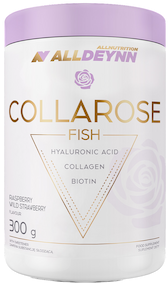
- Collagen content: 5000 mg hydrolysate fish collagen VERISOL F® .
- Additional active ingredients: vitamin C, hyaluronic acid, biotin
- Form: powder to dissolve in water .
- Dose: one scoop (6 g) of powder daily .
- Sufficient for: 50 days .
Product description
Atlantic cod collagen VERISOL F® contained in the formula are easily absorbed collagen peptides of fish origin. Regular supplementation can firm your skinóhand and slow down the ageing process. Your nails will become stronger and stop breaking. The addition of biotin will improve the condition of your hairów. The collagen portion is high enough to also have a good effect on your joints, muscles and bones.
Pros and cons
Atlantic cod collagen VERISOL F® contained in the formula are easily absorbed collagen peptides of fish origin. Regular supplementation can firm your skinóhand and slow down the ageing process. Your nails will become stronger and stop breaking. The addition of biotin will improve the condition of your hairów. The collagen portion is high enough to also have a good effect on your joints, muscles and bones.
Additional information
Atlantic cod collagen VERISOL F® contained in the formula are easily absorbed collagen peptides of fish origin. Regular supplementation can firm your skinóhand and slow down the ageing process. Your nails will become stronger and stop breaking. The addition of biotin will improve the condition of your hairów. The collagen portion is high enough to also have a good effect on your joints, muscles and bones.
Expert and user opinion
Atlantic cod collagen VERISOL F® contained in the formula are easily absorbed collagen peptides of fish origin. Regular supplementation can firm your skinóhand and slow down the ageing process. Your nails will become stronger and stop breaking. The addition of biotin will improve the condition of your hairów. The collagen portion is high enough to also have a good effect on your joints, muscles and bones.
DuoLife Collagen fish collagen 2500 mg
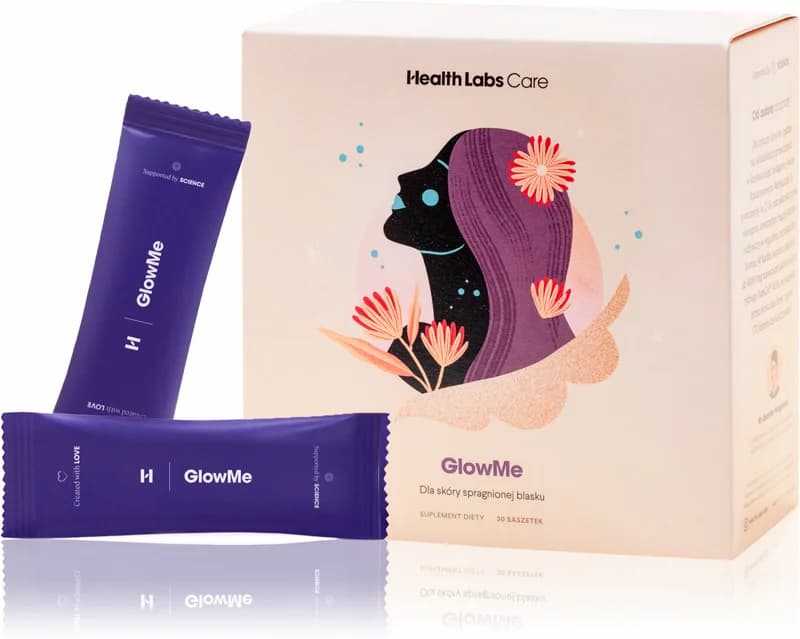
- Collagen content: 2500 mg collagen
- Additional active ingredients: vitamin C, silicon, glucosamine, hyaluronic acid, nettle and bamboo extracts
- Form: liquid to drink .
- Dose:25 ml .
- Sufficient for: 30 days .
Product description
100% natural collagen liquid without unnecessary ingredientsós. The composition of ingredientsós improves the appearance and condition of skinóry, hairów, nails. DuoLife is a good choiceór if you notice the first signs of skinóry ageing or want to stop this process. A tasty liquid, convenient to use.
Pros and cons
100% natural collagen liquid without unnecessary ingredientsós. The composition of ingredientsós improves the appearance and condition of skinóry, hairów, nails. DuoLife is a good choiceór if you notice the first signs of skinóry ageing or want to stop this process. A tasty liquid, convenient to use.
Additional information
100% natural collagen liquid without unnecessary ingredientsós. The composition of ingredientsós improves the appearance and condition of skinóry, hairów, nails. DuoLife is a good choiceór if you notice the first signs of skinóry ageing or want to stop this process. A tasty liquid, convenient to use.
User review
100% natural collagen liquid without unnecessary ingredientsós. The composition of ingredientsós improves the appearance and condition of skinóry, hairów, nails. DuoLife is a good choiceór if you notice the first signs of skinóry ageing or want to stop this process. A tasty liquid, convenient to use.
Pharmovit liquid collagen 10000 mg
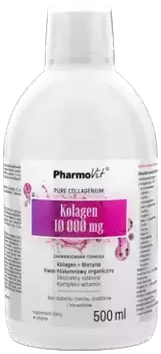
- Collagen content: 10000 mg hydrolysed bovine collagen types I and III .
- Additional active ingredients: hyaluronic acid, natural plant extracts, vitamin C, B vitamins, zinc, vitamin D
- Form: vials .
- Dose: 25 ml .
- Sufficient for: 20 days .
Product description
A solid daily dose of collagen for jointómuscle and bone health and beauty. The duo of collagen and vitamin C has a positive effect on each other, so that „the protein of youth” is better absorbed and more efficiently produced in the body.
Pros and cons
A solid daily dose of collagen for jointómuscle and bone health and beauty. The duo of collagen and vitamin C has a positive effect on each other, so that „the protein of youth” is better absorbed and more efficiently produced in the body.
Additional information
A solid daily dose of collagen for jointómuscle and bone health and beauty. The duo of collagen and vitamin C has a positive effect on each other, so that „the protein of youth” is better absorbed and more efficiently produced in the body.
KFD Premium Collagen+
Product description
High dose of collagen and a real bomb of vitamins C and D and organic sulphur. With this preparation the effects will come immediately. You will improve the firmness of your skin and reduce wrinkles. Your hair and nails will be strong and shiny.
A generous dose of collagen will improve the mobility of your jointsós, benefit your bone system and muscles. Do you do sports and need a product thatós able to keep up with your needs? This product will do the trick.
Pros and cons
High dose of collagen and a real bomb of vitamins C and D and organic sulphur. With this preparation the effects will come immediately. You will improve the firmness of your skin and reduce wrinkles. Your hair and nails will be strong and shiny.
A generous dose of collagen will improve the mobility of your jointsós, benefit your bone system and muscles. Do you do sports and need a product thatós able to keep up with your needs? This product will do the trick.
Additional information
High dose of collagen and a real bomb of vitamins C and D and organic sulphur. With this preparation the effects will come immediately. You will improve the firmness of your skin and reduce wrinkles. Your hair and nails will be strong and shiny.
A generous dose of collagen will improve the mobility of your jointsós, benefit your bone system and muscles. Do you do sports and need a product thatós able to keep up with your needs? This product will do the trick.
Expert opinion
High dose of collagen and a real bomb of vitamins C and D and organic sulphur. With this preparation the effects will come immediately. You will improve the firmness of your skin and reduce wrinkles. Your hair and nails will be strong and shiny.
A generous dose of collagen will improve the mobility of your jointsós, benefit your bone system and muscles. Do you do sports and need a product thatós able to keep up with your needs? This product will do the trick.
Product description
The dietary supplement from Remé contains beef collagen in a patented formula and vitamin C, whichóra aids its absorption. The formula comes in three flavours: neutral, orange-maracuja and strawberry-pomegranate. The formula can effectively support and improve the condition of the skinóry, hairóry and nails.
Pros and cons
The dietary supplement from Remé contains beef collagen in a patented formula and vitamin C, whichóra aids its absorption. The formula comes in three flavours: neutral, orange-maracuja and strawberry-pomegranate. The formula can effectively support and improve the condition of the skinóry, hairóry and nails.
Additional information
The dietary supplement from Remé contains beef collagen in a patented formula and vitamin C, whichóra aids its absorption. The formula comes in three flavours: neutral, orange-maracuja and strawberry-pomegranate. The formula can effectively support and improve the condition of the skinóry, hairóry and nails.
The dietary supplement from Remé contains beef collagen in a patented formula and vitamin C, whichóra aids its absorption. The formula comes in three flavours: neutral, orange-maracuja and strawberry-pomegranate. The formula can effectively support and improve the condition of the skinóry, hairóry and nails.
{ product:3toZVdGtbWWEszm5MCkjxH }}
{ product:6bAfu3AQBDUnsDAG1FSakf }}
How to support collagen production in the body?
.
Diet and supplements are only half the support. Collagen escapes from your body very quickly if you do not take care of it. Therefore, a proper lifestyle is important. The factor that depletes your collagen the fastest is ageand. There's nothing you can do about this, however you can avoid other factors:
- excessive alcohol consumption, .
- smoking, .
- UV radiation (use screen creams), .
- lack of physical activity, .
- environmental pollution, .
You can't stop ageing, but with a healthy diet and lifestyle you can slow down its signs. Therefore, follow these tips:
- Perform physical activity. Systematic and sensible movement tailored to your ability improves joint flexibility, strengthens muscles and nourishes cartilageand.

Sprawdź, za co pokochały go tysiące klientek Kolagen Premium 10000 mg, mango-marakuja
Natu.Care Kolagen Premium 10000 mg, mango-marakuja
Natu.Care Kolagen Premium dla zdrowia stawów, skóry, paznokci i włosów. Najlepsza przyswajalność. Optymalna dawka 5 000 lub 10 000 mg. Przebadany przez niezależne laboratorium.
Zobacz więcej
Wybrałam kolagen Natu.Care, ponieważ miał super opinie – a to było dla mnie bardzo ważne! Odkąd go stosuję, moja skóra znacznie się poprawiła i jest nawilżona, a na głowie pojawiły się nowe "baby hair".@Kasia S.
See also:
.
- The most powerful collagen .
- What collagen is
- What destroys collagen in the body
- How to rebuild collagen
- When to drink collagen
- Collagen type 1, Collagen type 2, Collagen type 3
- collagen excess .
- Marine collagen
- Fish collagen
Summary
.
In summary
- Products that will allow you to supplement collagen include fish, meat, broth on the bones, offal or chicken feet.
- Products that will allow you to supplement collagen include fish, meat, broth on the bones, offal or chicken feet.
- Collagen cannot be found in vegetables and fruit, but they will provide you with the ingredients necessary for its production in the body. .
- Vegan collagen does not exist. Are you a vegan? Eat plenty of foods rich in vitamins and minerals.
- Collagen.
- Collagen supplementation is an effective way to replenish it in the body. .
FAQ
.Is there collagen in crow's feet
.Yes, there is collagen in chicken feet. If you want to use it, cook a decoction using these ingredients. Rinse 10-12 pawpaws and boil for about a quarter of an hour. Then add the vegetables, salt and pepper to the pot and cook it all together for another 3-4 hours. Finally strain the stock and you can enjoy a healthy meal.
Pawpaw-derived collagen can support the health of skin, hair, nails, bones and joints and has shown anti-inflammatory properties.
What vegetables have a lot of collagen?
.Vegetables do not have collagen in them, however, some will provide you with important nutrients to support collagen production. For example, red peppers, broccoli, kale and spinach are rich in vitamin C.
Consumption of these vegetables helps to increase the body's natural collagen production.
Which fruit has the most collagen?
.Fruits are not a source of collagen, as this protein is only found in animal bodies. Nevertheless, some fruits will provide you with vitamin C and antioxidants that are beneficial for collagen production in the human body.
Fruits rich in vitamin C, such as citrus (oranges, grapefruit), kiwi, strawberries or even papaya, can support collagen synthesis in the body.
Does rice contain collagen?
.Rice does not contain collagen, as it comes from the plant kingdom and collagen belongs to the animal kingdom. Nevertheless, rice is a source of various nutrients that benefit health.
What flushes collagen out of the body?
Collagen in the body flushes out, among other things:
- long-term exposure to UV radiation (use screen creams), .
- smoking, .
- abuse of alcohol, .
- deficiency of vitamins and minerals, .
- chronic stress, .
- consumption of large amounts of sugar, .
- lack of exercise, .
Is there collagen in nuts?
.Nuts do not have collagen in them, but they do provide nutrients that help your body to produce it. In addition, they contain plant proteins, unsaturated fats and vitamins that benefit the condition of skin, hair and nails. Including nuts in your daily diet can help improve the appearance of your complexion, for example.
What are the symptoms of a lack of collagen in the body?
.Symptoms indicating collagen deficiency in the body are:
- appearance of wrinkles and poorer elasticity of skin, .
- broken nails, .
- dry hair,
- painful joints and muscles, .
- digestive problems, .
- worse immunity, .
To replenish collagen, in addition to diet, supplements will also help you. The best collagens on the market include: Natu.Care premium collagen, Colladrop Flex, Sundose collagen, or Colladrop Forte.
.
Sources
.See all
.Melina, V., Craig, W., & Levin, S. (2016). Position of the Academy of Nutrition and Dietetics: Vegetarian Diets. Journal of the Academy of Nutrition and Dietetics, 116(12), 1970-1980. https://doi.org/10.1016/j.jand.2016.09.025
Asbun, J., Manso, A. M., & Villarreal, F. J. (2005). Profibrotic influence of high glucose concentration on cardiac fibroblast functions: Effects of losartan and vitamin E. American Journal of Physiology-Heart and Circulatory Physiology, 288(1), H227-H234. https://doi.org/10.1152/ajpheart.00340.2004
Avila Rodríguez, M. I., Rodríguez Barroso, L. G., & Sánchez, M. L. (2018). Collagen: A review on its sources and potential cosmetic applications. Journal of Cosmetic Dermatology, 17(1), 20-26. https://doi.org/10.1111/jocd.12450
Carvalho, A. M., Marques, A. P., Silva, T. H., & Reis, R. L. (2018). Evaluation of the Potential of Collagen from Codfish Skin as a Biomaterial for Biomedical Applications. Marine Drugs, 16(12), Article 12. https://doi.org/10.3390/md16120495
Liu, D., Nikoo, M., Boran, G., Zhou, P., & Regenstein, J. M. (2015). Collagen and Gelatin. Annual Review of Food Science and Technology, 6(1), 527-557. https://doi.org/10.1146/annurev-food-031414-111800
Moores, J. (2013). Vitamin C: A wound healing perspective. British Journal of Community Nursing, 18(Sup12), S6-S11. https://doi.org/10.12968/bjcn.2013.18.Sup12.S6
Peterkofsky, B. (1991). Ascorbate requirement for hydroxylation and secretion of procollagen: Relationship to inhibition of collagen synthesis in scurvy. The American Journal of Clinical Nutrition, 54(6), 1135S-1140S. https://doi.org/10.1093/ajcn/54.6.1135s
.Buraczewska, I., Berne, B., Lindberg, M., Törmä, H., & Lodén, M. (2007). Changes in skin barrier function following long-term treatment with moisturizers, a randomised controlled trial. British Journal of Dermatology, 156(3), 492-498. https://doi.org/10.1111/j.1365-2133.2006.07685.x
Diong, J., Carden, P. C., O'Sullivan, K., Sherrington, C., & Reed, D. S. (2022). Eccentric exercise improves joint flexibility in adults: A systematic review update and meta-analysis. Musculoskeletal Science & Practice, 60, 102556. https://doi.org/10.1016/j.msksp.2022.102556
LODÉN, M., ANDERSSON, A.-C., & LINDBERG, M. (1999). Improvement in skin barrier function in patients with atopic dermatitis after treatment with a moisturizing cream (Canoderm®). British Journal of Dermatology, 140(2), 264-267. https://doi.org/10.1046/j.1365-2133.1999.02660.x
Ma, G., Zhang, Q., Liu, A., Zuo, J., Zhang, W., Zou, S., Li, X., Lu, L., Pan, H., & Hu, X. (2012). Fluid intake of adults in four Chinese cities. Nutrition Reviews, 70(suppl_2), S105-S110. https://doi.org/10.1111/j.1753-4887.2012.00520.x
Recommended Amount of Sleep for Pediatric Populations: A Consensus Statement of the American Academy of Sleep Medicine | Journal of Clinical Sleep Medicine. (n.d.). Retrieved 8 May 2023, from https://jcsm.aasm.org/doi/10.5664/jcsm.5866
Spada, F., Barnes, T. M., & Greive, K. A. (2018). Skin hydration is significantly increased by a cream formulated to mimic the skin’s own natural moisturizing systems. Clinical, Cosmetic and Investigational Dermatology, 11, 491-497. https://doi.org/10.2147/CCID.S177697
Suzuki, Y., Iijima, H., Tashiro, Y., Kajiwara, Y., Zeidan, H., Shimoura, K., Nishida, Y., Bito, T., Nakai, K., Tatsumi, M., Yoshimi, S., Tsuboyama, T., & Aoyama, T. (2019). Home exercise therapy to improve muscle strength and joint flexibility effectively treats pre-radiographic knee OA in community-dwelling elderly: A randomised controlled trial. Clinical Rheumatology, 38(1), 133-141. https://doi.org/10.1007/s10067-018-4263-3
Tuckey, R. C., Cheng, C. Y. S., & Slominski, A. T. (2019). The serum vitamin D metabolome: What we know and what is still to discover. The Journal of Steroid Biochemistry and Molecular Biology, 186, 4-21. https://doi.org/10.1016/j.jsbmb.2018.09.003
Williford, H. N., East, J. B., Smith, F. H., & Burry, L. A. (1986). Evaluation of warm-up for improvement in flexibility. The American Journal of Sports Medicine, 14(4), 316-319. https://doi.org/10.1177/036354658601400413
.Silvipriya, K. S., Kumar, K. K., Bhat, A. R., Kumar, B. D., John, A., & Lakshmanan, P. (2015). Collagen: Animal Sources and Biomedical Application. Journal of Applied Pharmaceutical Science, 5,(3), 123-127. https://doi.org/10.7324/JAPS.2015.50322
Jelonek, L. (2023). Collagen. Everything you need to know (B. Turczynski, ed.; 1st ed.). Natu.Care. https://books.google.com/books?vid=9788396887801
..
Editorials
Meet the team


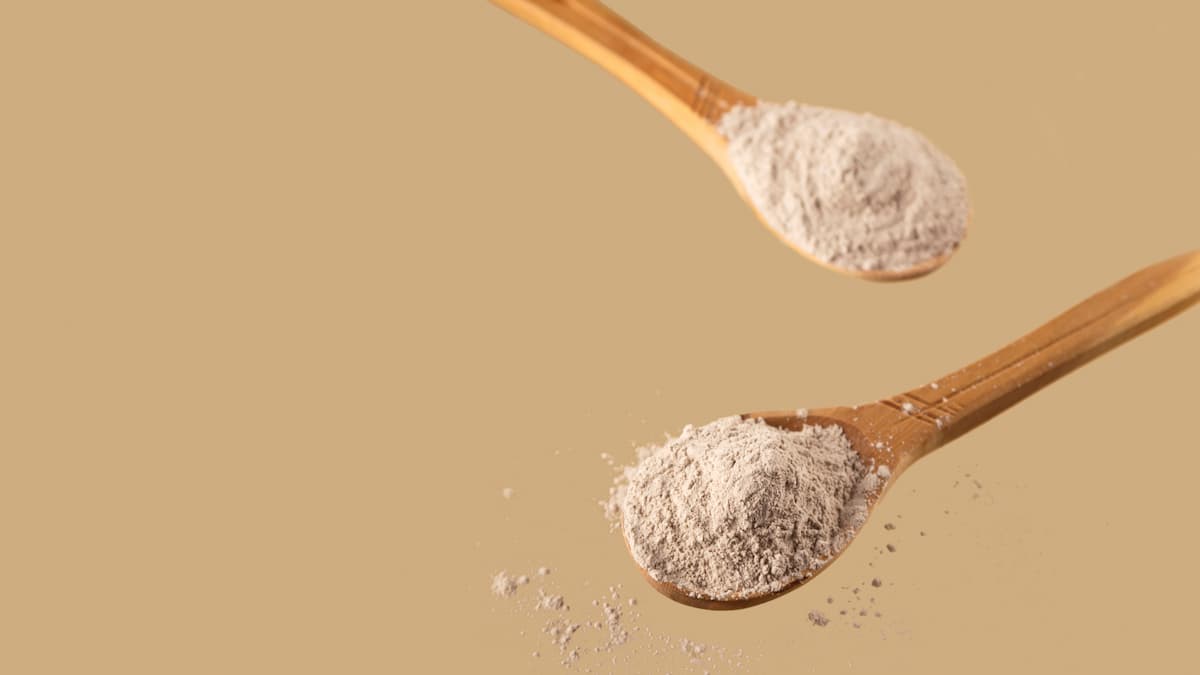
Everything you want to know about COLLinstant collagen.

Collibre collagen is an interesting supplement in shot form.
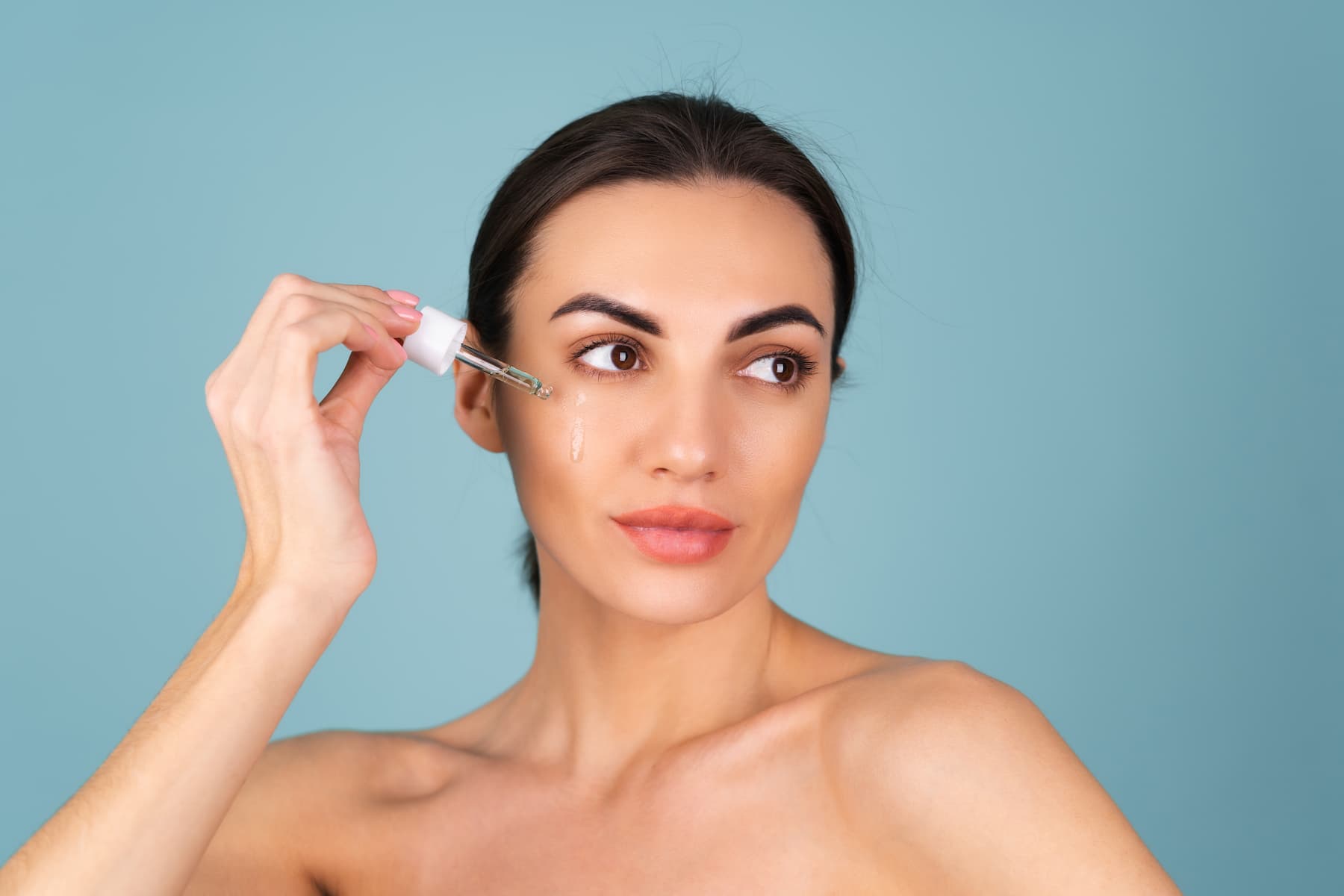
Solgar collagen with hyaluronic acid is a dietary supplement that supports skin and joint health.
